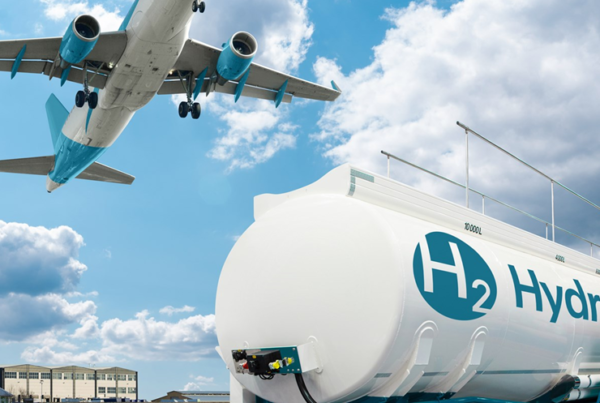
A startup aiming to slash the cost of green hydrogen by offering pre-designed manufacturing facilities raised $198 million in a series B funding round, as investors bet on a future powered by the climate-friendly fuel.
Electric Hydrogen, based outside Boston, designs plants that will extract hydrogen from water using renewable energy, a process that releases no carbon into the atmosphere. While other companies, including Bloom Energy Corp. and Cummins Inc., sell machines that handle this task, known as electrolyzers, Electric Hydrogen will provide the entire plant. Chief Executive Officer Raffi Garabedian said this is key to boosting efficiency and cutting costs.The plants, which the company has not yet deployed in the field, will each require 100 megawatts of electricity and will be able to produce as much as 48 tons of hydrogen per day, depending on the source of electricity. Customers that want more output can order another plant.
“We’re able to condense all the infrastructure into a much smaller footprint, and that reduces the cost,” Garabedian said in an interview.
Fifth Wall Climate Technology Fund led the funding round, which also included S2G Ventures, Silicon Valley Bank and Trinity Capital. Industrial heavyweights Honeywell International Inc. and Mitsubishi Heavy Industries Ltd. also participated, along with mining giant Rio Tinto Plc and the venture arm of Norwegian oil company Equinor. Used in either turbines or fuel cells, hydrogen can generate power without producing carbon dioxide, and it’s seen as a potential method to help decarbonize industries such as shipping, cement and steelmaking.
Garabedian formerly served as chief technology officer at First Solar Inc., and he compares the current “mad scramble” to deploy hydrogen technology to the early days of the solar industry, when many projects relied on subsidies. Eventually, he said, those subsidies will vanish, leaving only the technologies that are cost-competitive.
“That withdrawal leaves a lot of carnage in its wake, and I think the same thing’s going to happen here,” he said.
Read the most up to date Fuel Cell and Hydrogen Industry news at FuelCellsWorks




